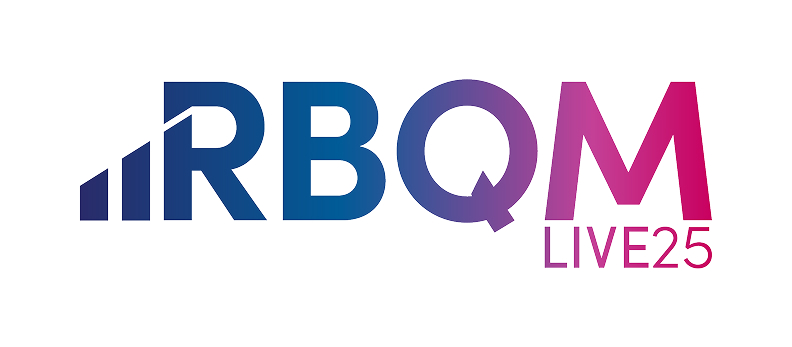It’s been ten years since CluePoints set out on a journey to let clinical trial data speak for itself – and what a journey it has been.
For the first five years, we wondered if we would ever find success, and for the last five years, we have been wondering just how successful we could be. That’s because the evolution of our company and RBM, from a fledgling concept to the fully realized methodology of RBQM, are intrinsically linked.
Evolving landscape
Risk-based monitoring (RBM) was in its infancy when Marc Buyse, Francois Torche, and Patrick Hughes founded our organization in 2012, a year before the US Food and Drug Administration (FDA) first recommended its use in clinical trials.
Today, we have the most comprehensive and sophisticated risk-based quality management (RBQM) solution on the market, but at that point, we didn’t even have a software platform. We started with algorithms designed to improve data quality and integrity using a “boil the ocean” approach of looking for discrepancies in entire datasets.
It is fair to say the traditionally conservative industry wasn’t wholly receptive to our technology-driven approach to improving data quality at first. Our customers are responsible for the people who enroll in their trials and have to know that any new way of doing things is safe.
As such – and understandably so – it took time to convince pharma that they could rely on the algorithms. However, things have changed significantly over the last few years, thanks to a mounting evidence base of successful and timely submissions and evolving regulations.
The 2016 International Conference on Harmonization’s Good Clinical Practice (ICH-GCP) guidelines made RBM mandatory, and with each new iteration of standards, regulators have increased their insistence on the approach. Updated ICH guidelines, due to be published later this year, are widely expected to further insist upon the use of RBQM, which applies the principles of RBM to all elements of trial conduct, for all clinical trials.
During this time, CluePoints has established an ongoing Cooperative Research and Development Agreement (CRADA) with the FDA, and bodies, including the UK’s MHRA, have also cited the need for Central Statistical Monitoring in their guidance.
As the industry adopted and embraced the approach, CluePoints developed and adapted our software product around our customers’ evolving clinical, business, and regulatory needs, resulting in a solution that sets, rather than follows, the standard in RBQM.
Of course, the market maturing has also brought competitors into the space, but the constant pressure of challenge has only made us more determined to be the best we can be.
Our people
We are incredibly proud to have worked closely with sponsors and regulators to demonstrate the value of RBQM over the last decade, and we could not have achieved this without our incredible team.
CluePoints is full of loyal, bright people who have a passion for the product and our mission and have dedicated themselves to making this company successful.
Across all functions, we have a culture of supporting each other to try new ideas and that feeds into our company values of care, respect, innovate, simplicity, and passion. They aren’t your regular corporate buzzwords; at CluePoints, they mean something, and they are the key to our success so far.
The future
With the rise of hybrid and decentralized clinical trials, the volume of data points and data sources in any study is set to explode and render manual data surveillance and oversight impossible. RBQM, which we believe will become as ubiquitous as other eClinical technologies like electronic data capture, interactive response technology, or e-clinical outcome assessment, offers a safe and robust alternative.
There is, however, a long way to go in embedding RBQM into everyday clinical research. While acceptance of the method is growing, many companies still focus on the risk assessment part of the methodology without utilizing the greater value of advanced analytical approaches to risk mitigation and data quality management.
Some are leading the charge and momentum is building. We are, for example, working with companies like Pfizer and GSK to harness the power of artificial intelligence (AI), machine learning (ML), and natural language processing (NLP) to further improve data quality and integrity in the most efficient way possible.
With programs like these, we are already creating the safety signal detection systems of tomorrow, helping to drive CluePoints and RBQM to the next level of innovation and success.






